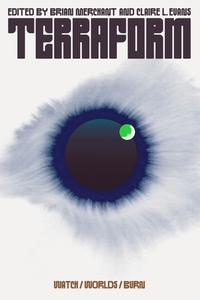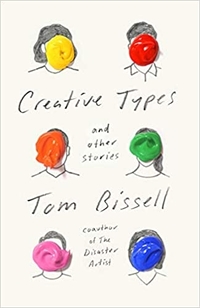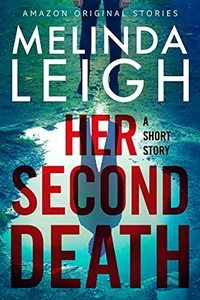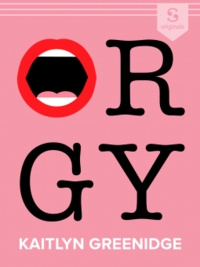Two Nurses, Smoking by David Means
 Monday, September 12, 2022 at 6:52AM
Monday, September 12, 2022 at 6:52AM 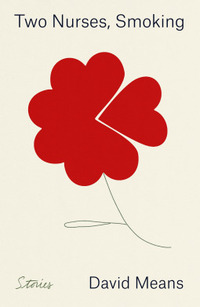
Published by Farrar, Straus and Giroux on September 13, 2022
The stories collected in Two Nurses, Smoking depict the rawness of life, a savagery of experience that is occasionally tempered by love. Many of the stories involve characters who respond to circumstances beyond their control. Some make choices they will regret, but the future holds open the hope for better choices as the characters isolate what has gone wrong in their lives. The stories can be hard to read but a spark of hope or redemption or love softens most of them.
What do “Two Nurses, Smoking” talk about on a smoke break? A nurse who serially kills patients. Patients they expect to die. Medical equipment and the pain of kidney stones. Patients who are junkies. The scar a nurse earned in Iraq. Lonely roads and lonely people. Eventually, they talk about each other. All those topics, the reader realizes, are connected. Perhaps the smoking nurses aren’t all that different from the serial killer or junkies or doomed patients. Perhaps they can connect in ways that go beyond stories, beyond their common pain, to set their lives on a different path.
Grief and coping with loss, often manifesting in bitterness and incivility, are the subjects of “Stopping Distance.” The reader might wonder how support groups that encourage parents to be stuck in a loop of loss, telling the same stories again and again, help anyone, yet a bereavement group allows two people to make a connection through mirrored pain. The story’s value lies in its insight about living with loss.
“The Red Dot” is a kayak in the distance that, as it nears shore, resolves into a kayak paddled by a Karl’s former wife, Debbie, who before she became an ex was afraid of the water. Karl talks about the argument they had when he saw her in the kayak. A character who knows Debbie wonders if the story is true because Debbie is an excellent swimmer. Did Karl make up the kayaking story or did Debbie tell Karl, for reasons of her own, that she was afraid of water? The narrator tries to unpack the truth as he considers the mystery of Karl’s life while attending his funeral and again years later. The story explores the concepts of trustworthiness and image as they apply to people we don’t really know.
“First Encounter” A man whose daughter saw him kissing another woman in a hospital parking lot is saved from exposure by the side effects of his daughter’s medication. The reprieve does not last because the truth never really goes away.
“Are You Experienced?” While cleaning their dope on the cover of a Hendrix album, Billy explains to Meg why he is justified stealing money from his uncle. Keeping money in the family isn’t really a crime and the money itself came from many years of farming, honest “money that came from sunlight and air and dirt, nothing else.” As they discuss the crime, Meg sees parallels between Billy and his uncle in their tendency to ramble about the past, traits that will one day make Billy just as vulnerable as his uncle. David Means illustrates the “what goes around, comes around” principle in a way that suggests the inevitability of karma.
“I am Andrew Wyeth!” is narrated by an artist who tries to become Andrew Wyeth. He requests a nondisclosure agreement from an assistant whose duty is to watch him work, record her observations in her head, and never tell anyone what she saw, all to create “the implicit secretiveness” of the artist’s endeavor. The agreement creates a sense of glamor and the impression that something interesting has been kept at bay, but it also shields the artist against his impulse to confess and the rumors that impulse might inspire.
The narrator of “Vows” looks back on his life and marriage and the lives and marriages of his friends through conversations and observations preserved in memory, “singular moments of astonishingly framed light.” “Lightning Speaks” is written as a series of fragmented paragraphs. The fragmentation might reflect the mental illness of characters who form connections and share memories or visions in an institution.
Nearly every paragraph of “Depletion Prompts” begins with the phrase “Write about,” followed a scenario — a kid confronted by a bully; wandering the woods to escape family drama; a baby born in a closet to a teenage girl afraid to disclose her pregnancy; your mother sneaking into a mental hospital to visit your sister — or a topic: toxic masculinity; the rage of feeling isolated during the pandemic. The paragraphs include notes about how the scene should be written, suggestions for happy and sad endings, how to connect the scene to others or “Use just the whispers, fragments of tense language, to build the fuzzy narrative that you carried.” The scenarios have whatever literary value a writer’s notebook might have, but the story works as a window into a writer’s mind.
My favorite story addresses the sadness of human existence through the eyes of a dog. Norman goes into the woods with a gun after his wife dies. He lets his dachshund off her leash and the dachshund gets lost chasing a rabbit. After a long adventure that includes a new family, we learn how losing his dog changed Norman’s life. The point of view is amazing and the story is heartening. “Clementine, Carmelita, Dog” is one of the coolest dog stories I’ve ever read. It’s worth the price of the volume.
RECOMMENDED
